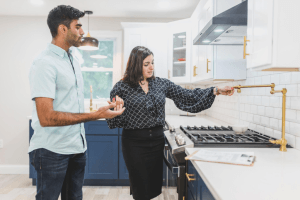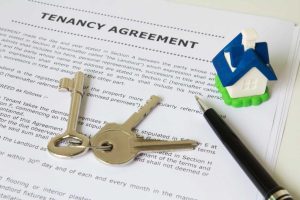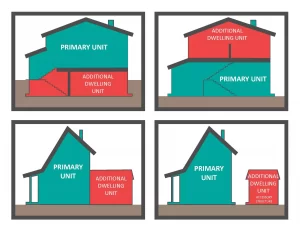The choices regarding whether to rent or buy a house is an essential one which may have a long-term impact on your future health and financial stability. Each choice has benefits as well as drawbacks, but your particular circumstances, priorities, and tastes will ultimately determine which is ideal for you. We’re going to talk through a few of the most essential factors to consider when choosing either renting or buying a property in the following paragraphs.
Costs
The expenses of leasing a house vs acquiring one varies significantly, so it’s crucial to be knowledgeable of these variations before choosing a course of action that fits your budget. When you rent a house or flat, the owner of the property frequently expects you to make a monthly rent payment. This monthly charge may also cover utility expenses including those for water, electricity, and routine maintenance. Since your landlord is in charge of these costs, you have no need to worry about maintenance, repairs, or taxes.
However, purchasing a home entails significant up-front expenses. The deposit, closing costs, and inspection costs are all included in this sum. You’ll have continuing expenses as a homeowner, such as a recurring mortgage payment, insurance coverage, taxes, and maintenance charges. Before deciding to purchase a property, it is crucial to understand and budget for all associated costs. By becoming a homeowner, you may be able to construct real estate and receive the possible financial rewards of appreciation.
Location
Along with the house itself, you should give the neighborhood it is in great thought. Renting could provide you a great deal of freedom and the opportunity to reside in a community you’re choosing without having to enter into a long-term financial commitment. For people who often relocate or have trouble defining their long-term objectives, this alternative is particularly advantageous.
However, buying a house is a longer-term commitment, and the community you choose might have a significant influence on your quality life and access to future opportunities. It’s crucial to discover as much as you can about the neighborhood, especially its amenities, schools, and community, before making a choice regarding a house purchase.
Flexibility
Another consideration to keep in mind when choosing to buy or rent a property is flexibility. You won’t have to fret about selling your house, finding a buyer, or experiencing a financial setback if you’re prepared to take a loss if you need to act quickly. If your circumstances change, such as when you find a new job or experience a family emergency, you can break your lease and relocate without facing expensive penalties.
Nevertheless, owning a property may restrict your freedom because you’ll be confined to the house plus making mortgage payments for the period that the loan is outstanding. Moving or selling your house without incurring big costs is tough. This might include the cost of the closing as well as any financing costs, in addition to sales commissions on house purchases.
Possibility of Investment
Even while renting allows you more freedom and typically cheaper upfront expenses, purchasing a home can give you a higher long-term return on your investment. If the value of your house increases, you can cash out the equity you have and spend the money as you choose. When homeowners live in their houses for a long amount of time, they generate equity.
There are tax benefits available to owners in the form of exemptions for expenses like mortgage interest, real estate taxes, and house upkeep. Over time, these benefits may lower the total expense of homeownership, resulting in a more sensible financial choice.
Individual tendencies
In the end, whether a person decides to rent or purchase a property will depend on their personal choices and circumstances. If flexibility, inexpensive entry expenses, and convenience are important to you, renting may be the best choice. When you value permanence, the potential for a long-term investment, and the chance to make modifications and upgrades as you see acceptable, owning a house could be the best option for you.
Conclusion
Before making a decision, it’s important to think about the positive aspects as well as drawbacks of possessing a house vs renting one. Before choosing an ideal alternative, factors which include the budget, location, flexibility, investment potential, and personal interests should all be taken into account.






